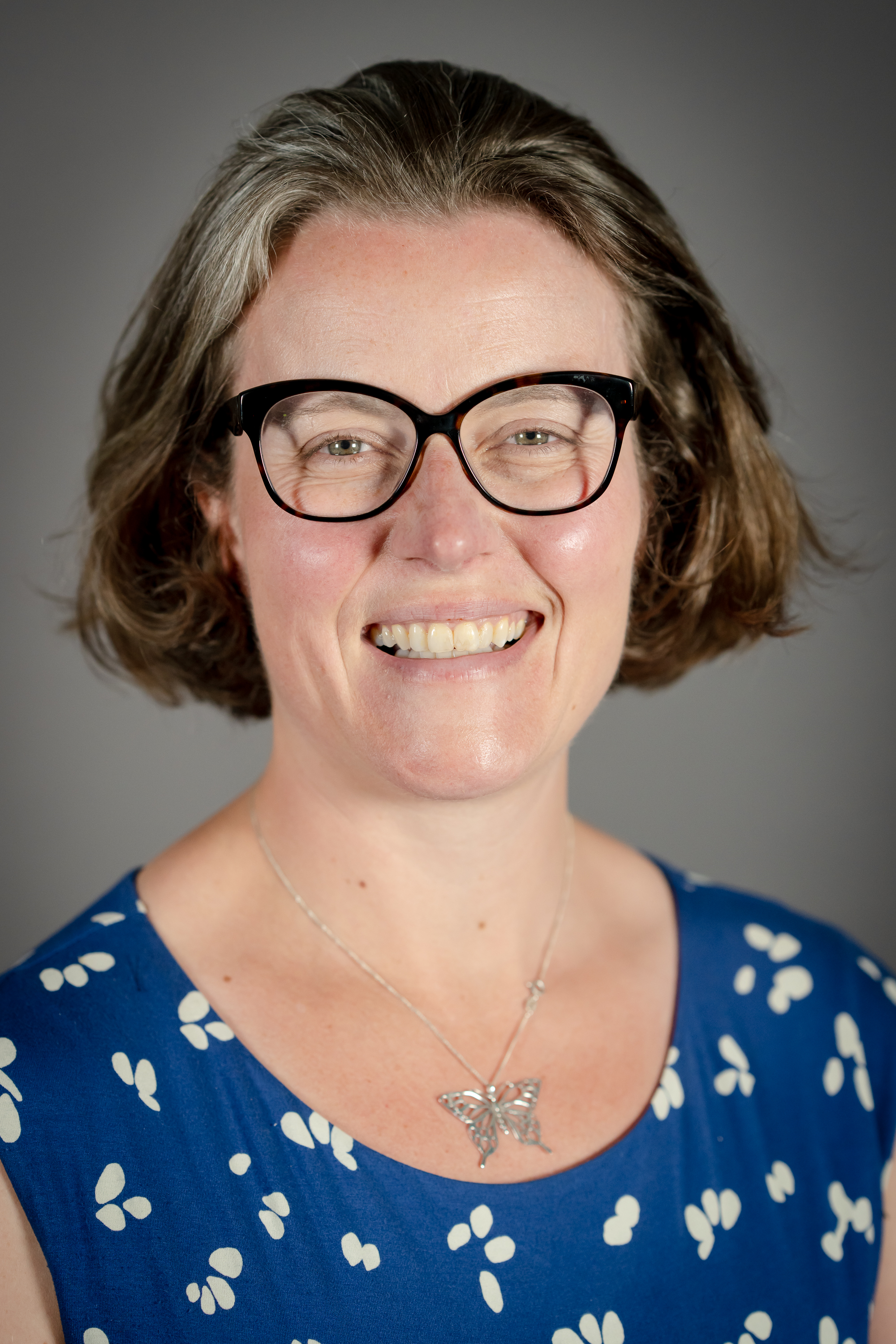

Development of Evidence-Based Guidelines and Clinical Pathways for EGS:
Promoting Sustainability in Surgical Practices:
Elevating ASGBI’s International Presence:
Expanding and Diversifying ASGBI Membership:
Strengthening Partnerships with BJS Academy:
Expanding ASGBI’s Research Portfolio:
Supporting Multidisciplinary Research Teams:
Building Sustainable Research Infrastructure:
Monitoring and Reporting on Research Progress:
ASGBI offers two levels of research support for members conducting surgical research aligned with our mission.
This entry-level support is available to up to 10 studies per year, for a 12-month period (renewable).
Includes:
A higher level of endorsement, offered to up to 5 studies per year for the full duration of the project (as defined in the application).
Includes all Supported-level benefits, plus:
Supported and Adopted projects should acknowledge ASGBI in all presentations and publications. A PDF of any published work should be submitted to the Research Committee. While this is not enforced, future applications may be declined if not followed.
In special cases, limited support may be granted (e.g. cross-organisation collaborations or ongoing studies). These exemptions must be approved by two Research Committee members and receive a single mention in the ASGBI newsletter.
ASGBI can issue non-binding, generic support letters for funding applications where:
Surveys are a common and valuable research tool in surgery, helping explore attitudes and practices. However, many surveys suffer from low quality and methodological issues. To help improve this, ASGBI has a formal process to support high-quality surgical surveys while avoiding ‘survey fatigue’ among members.
Many researchers ask surgical societies to share their surveys. This can overwhelm members and reduce response rates, affecting survey quality and usefulness. ASGBI aims to balance supporting valuable research while protecting members from too many requests.
Research teams are encouraged to submit a paper to the next ASGBI annual congress to present their work.
The survey subcommittee evaluates each application based on research importance and quality standards. Decisions are final and communicated promptly. If the annual cap is reached, surveys may be deferred to the next year, with priority given to those of high importance.